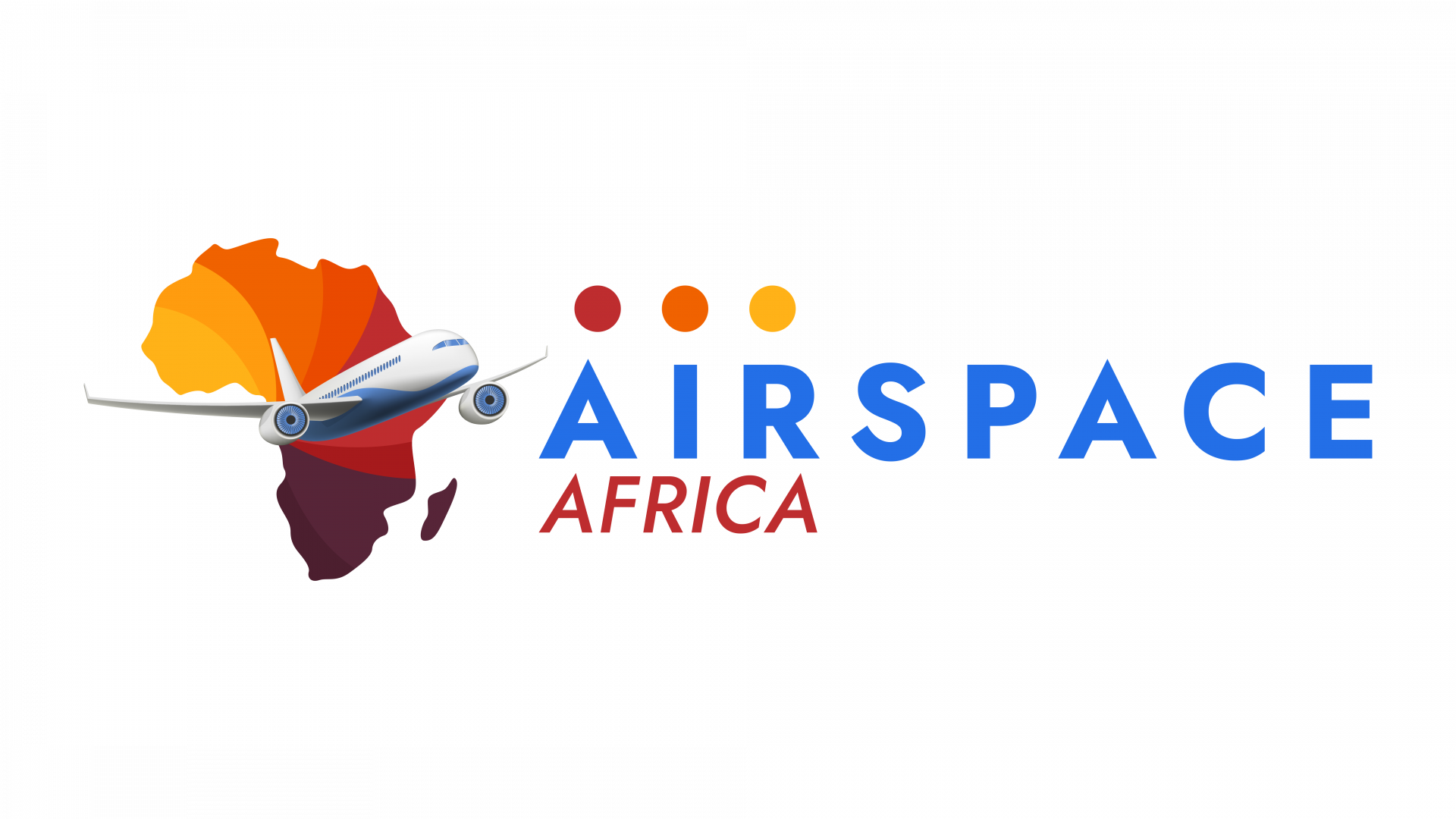South Africa’s low-cost carrier, FlySafair, is currently navigating a complex regulatory challenge concerning its ownership structure. The airline has sought an exemption from certain provisions of the Air Service Licensing Act, specifically those mandating that at least 75% of its ownership be South African. However, Transport Minister Barbara Creecy has labeled this request as “premature,” emphasizing that the regulatory process is still underway.
Regulatory Scrutiny and Ownership Compliance
The crux of the issue lies in allegations that FlySafair’s ownership does not meet the required threshold for South African nationals. Both the Air Services Licensing Council and the International Air Services Licensing Council have raised concerns, following complaints from competitors such as Global Aviation Operations (operating as Lift) and Airlink. These bodies assert that a significant portion of FlySafair’s ownership is held in Ireland and Belgium, potentially violating local aviation laws.
In response, FlySafair has contested these claims, arguing that the regulators have misinterpreted its ownership structure. The airline maintains that it remains compliant with the legal requirements and has sought ministerial intervention to clarify the situation.
Ministerial Response and Legal Proceedings
Minister Creecy has indicated that the matter is still under consideration by the relevant councils. She highlighted that a recent meeting between FlySafair and the complainants took place on January 14, 2025, and that the councils are still deliberating on the submissions made. As such, she deemed it inappropriate to grant an exemption at this stage, stating that the process must be allowed to reach its conclusion before any ministerial intervention is considered.
FlySafair has also secured a court interdict preventing the International Air Services Licensing Council from imposing immediate sanctions. This legal move ensures that the airline can continue its operations while the dispute is being resolved.
The outcome of this regulatory scrutiny holds significant implications for FlySafair and the broader South African aviation sector. Should the councils determine that FlySafair is non-compliant with ownership regulations, the airline could face severe sanctions, including the suspension or cancellation of its aviation license. Such an outcome would not only impact FlySafair’s operations but could also disrupt the domestic aviation market, given the airline’s substantial market share and role in providing affordable air travel options.




Comments are closed.